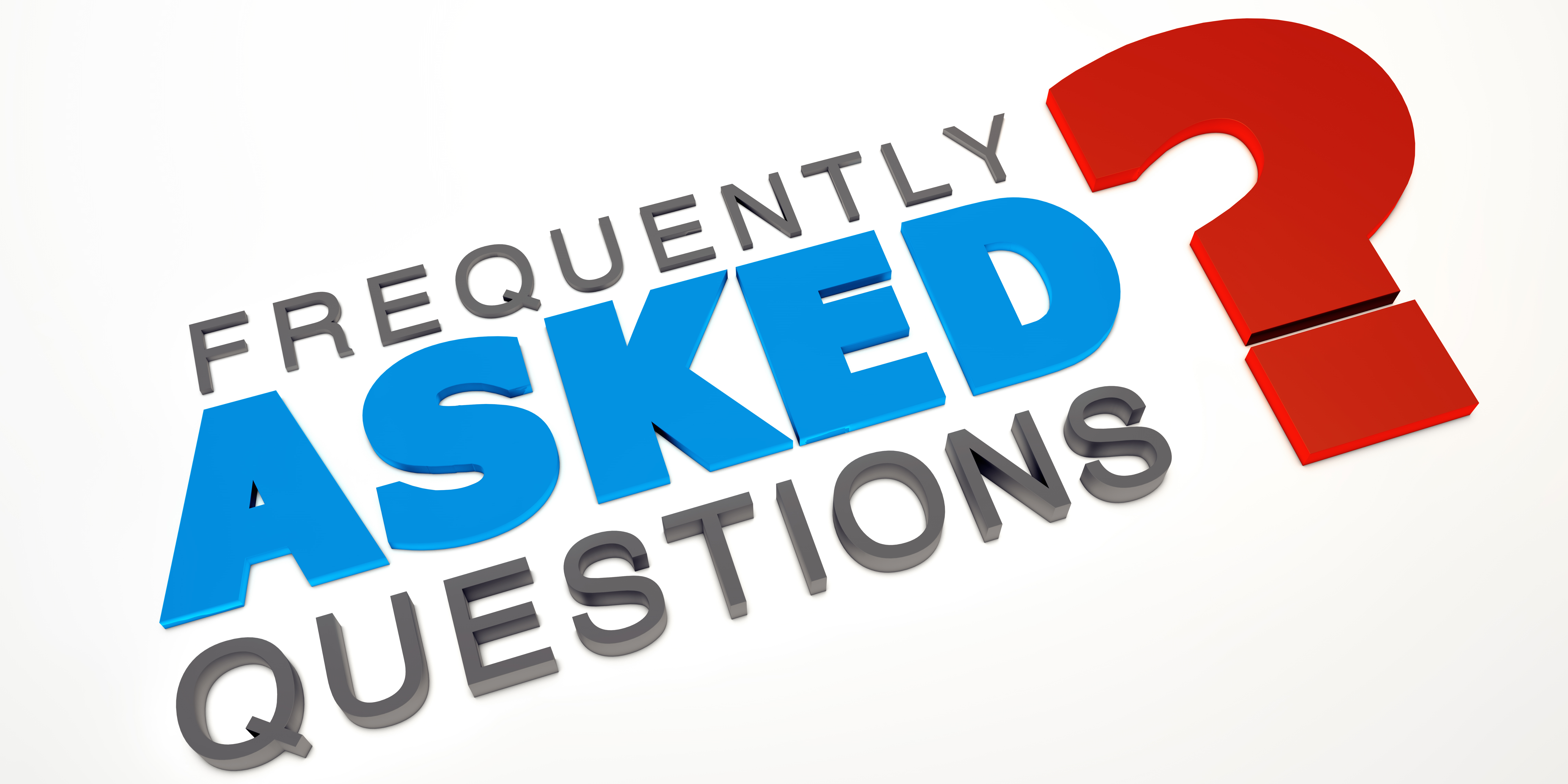
HPV vaccine does not cause fertility problems (problems trying to get pregnant) in women or men. People who develop a cancer caused by HPV will need treatment that can sometimes limit their ability to have children, such as a hysterectomy (for women), chemotherapy, or radiation.
So, it is best to get HPV vaccine starting at 9 years old before your child is at increased risk for exposure to HPV. HPV vaccine prevents HPV infections that cause certain cancers if given before someone is exposed to HPV. So, talk to a healthcare provider about the benefits of getting an HPV vaccine if you or your child are not fully vaccinated already.
Yes, HPV vaccination is very safe. Over 15 years of monitoring and research during the vaccination program have continued to show that HPV vaccination is safe. More than 135 million doses of HPV vaccines have been distributed since they were licensed. Data continue to show the vaccines are safe and effective. Infections and cancers caused by HPV have dropped since 2006, when HPV vaccines were first used in the United States.
Preventing cancer with the HPV vaccine is much safer than risking getting an infection that could cause long-term health problems, hospitalizations, or in severe cases, cancer and death. Protect your child from HPV-related cancers later in life by getting them an HPV vaccine starting at age 9-12 years.
Studies show that the HPV vaccine does not lead to people having more sex or sex at a younger age. So, giving kids the HPV vaccine doesn’t encourage them to have sex. All it does is help protect them from anogenital warts and HPV-related cancers in adulthood.
HPV is a very common infection in women and men. Nearly everyone (85%) will get HPV at some point in their lives. Starting the vaccination series today when your child is between 9-12 years old, will help protect them from the cancers and diseases caused by HPV later in their lives.
Some HPV infections can cause cancer—like cancer of the cervix, vagina, and vulva in women, penis in men, anus in both women and men, and back of the throat (called oropharyngeal cancer), including the base of the tongue and tonsils, in both men and women—but HPV vaccine could prevent more than 90% of these cancers from ever developing. The HPV vaccine (Gardasil-9) protects against the types of HPV that most often cause cancer, and anogenital warts.
The HPV vaccine is part of the routine childhood vaccines schedule. The HPV vaccine is one of many routine childhood vaccinations that are recommended to keep your child safe and protected. Vaccination requirements for school entry vary by state, and don’t always reflect the most current medical recommendations for protecting your child’s health. Check your state’s vaccine requirements or talk to a local healthcare provider today about getting an HPV vaccine.
HPV vaccination can help prevent future infections that can lead to cancers of the penis, anus, and back of the throat in men.
Vaccines protect your child before they are exposed to a disease. That’s why we give the HPV vaccine earlier rather than later, to protect them long before they are ever exposed to HPV. Once someone is infected with HPV, the vaccine might not be as effective or might not work at all. If given before someone is infected, the vaccine can prevent most cases of cancer and anogenital warts caused by HPV. Also, response to the vaccine has proven to be better at younger ages than older ones. If your child gets the shot now (before they turn 15), they will only need two doses. If you wait until your child is older, they may end up needing three shots.
Studies continue to prove the HPV vaccine works extremely well, decreasing the number of HPV infections and precancers since it has been available. The HPV vaccine protects against anogenital warts and cancers caused by HPV. It protects against cancer of the vagina, vulva, penis, anus, mouth, throat, head, and neck caused by HPV. When given at the recommended ages, the HPV vaccine can prevent over 90% of these cancers from ever developing. This is an estimated 33,700 cases in the United States every year.
The best way to protect your child from developing cancers caused by HPV later in life is by getting them an HPV vaccine starting at age 9-12 years.
HPV infections are so common, nearly everyone will get HPV at some point in their life. Most HPV infections go away on their own without lasting health problems. However, there is no way to know which infections will turn into cancer. That is why it is important for your child to get vaccinated against HPV.
References:
Talking to Parents about the HPV Vaccine│CDC
What is HPV Vaccination? │ Planned Parenthood
Last Reviewed: February 8, 2024

